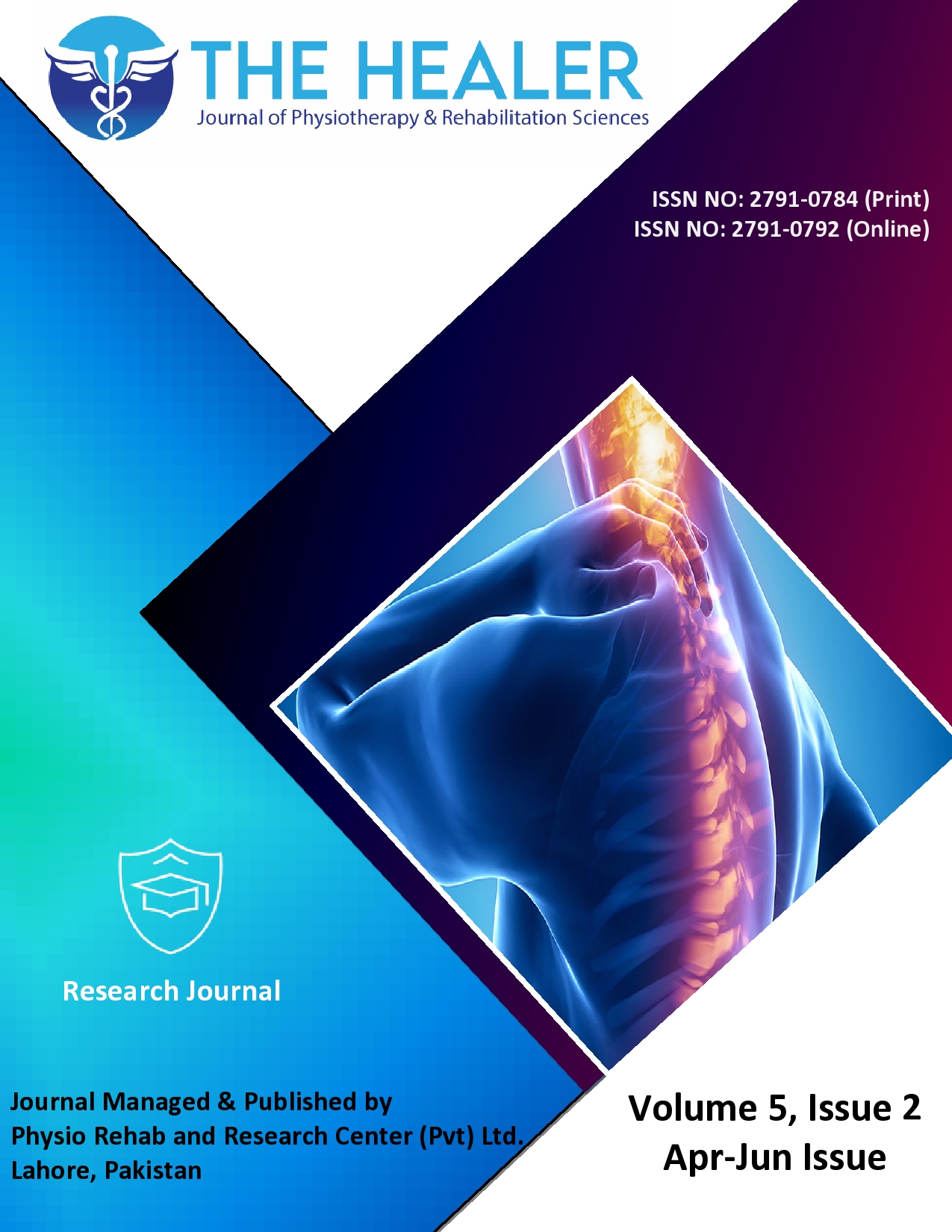Can Chatbots Enhance Patient Education in Musculoskeletal Disorders? A Pakistani Perspective
DOI:
https://doi.org/10.55735/bzbn2777Keywords:
Artificial intelligence, Chatbots, Musculoskeletal disorders, Patient educationAbstract
Dear Editor!
Advancements in the field of artificial intelligence, AI chatbots, and telehealth represent a significant role in healthcare. Digital rehabilitation has increasingly been recognized for its potential to enhance patient education, particularly for managing musculoskeletal (MSK) disorders. This emphasized the purpose of AI-powered chatbot agents to support patient engagement and self-management. While a study was concerned with ethical considerations essential for the application of AI in telehealth practice. Likewise, more studies identify and summarize the components of digital health interventions, mobile health apps, and virtual rehabilitation platforms development methods to improve patient adherence to therapeutic regimens.
Downloads
References
H, Arancibia JO, Puelles Á, Madrid E. Role of artificial intelligence-powered conversational agents (chatbots) in musculoskeletal disorders: a scoping review protocol. BMJ Open. 2025 Mar 1;15(3):e092982.
https://doi.org/10.1136/bmjopen-2024-092982
2. Karaibrahimoglu A, İnce F, Hassanzadeh G, Alizadeh A, Bagheri K, Yucel I, Shariat A. Ethical considerations in telehealth and artificial intelligence for work related musculoskeletal disorders: A scoping review. Work. 2024 Nov 8;79(3):1577-88.
https://doi.org/10.3233/wor-240187
3. Barnett R, Shakaib N, Ingram TA, Jones S, Sengupta R, Rouse PC. Rehabilitation interventions delivered via telehealth to support self-management of rheumatic and musculoskeletal diseases: A scoping review protocol. Plos One. 2024 Apr 16;19(4):e0301668.
https://doi.org/10.1371/journal.pone.0301668
4. Najm A, Gossec L, Weill C, Benoist D, Berenbaum F, Nikiphorou E. Mobile health apps for self-management of rheumatic and musculoskeletal diseases: systematic literature review. JMIR mHealth and uHealth. 2019 Nov 26;7(11):e14730.
5. Cottrell MA, Russell TG. Telehealth for musculoskeletal physiotherapy. Musculoskeletal Science and Practice. 2020 Aug 1;48:102193.
https://doi.org/10.1016/j.msksp.2020.102193
6. Baroni MP, Jacob MF, Rios WR, Fandim JV, Fernandes LG, Chaves PI, Fioratti I, Saragiotto BT. The state of the art in telerehabilitation for musculoskeletal conditions. Archives of Physiotherapy. 2023 Jan 4;13(1):1.
https://doi.org/10.1186/s40945-022-00155-0
7. Tsolakou E, Gioftsos G, Grammatopoulou E, Koumantakis GA, Karanasios S, Moutzouri M. Attitudes of People With Chronic Musculoskeletal Disorders Towards Telerehabilitation: A Cross-Sectional Survey. Cureus. 2025 Jun 30;17(6).
https://doi.org/10.7759/cureus.87012
8. Tsolakou E, Gioftsos G, Grammatopoulou E, Koumantakis GA, Karanasios S, Moutzouri M. Attitudes of People With Chronic Musculoskeletal Disorders Towards Telerehabilitation: A Cross-Sectional Survey. Cureus. 2025 Jun 30;17(6).

Downloads
Published
License
Copyright (c) 2025 The Healer Journal of Physiotherapy and Rehabilitation Sciences

This work is licensed under a Creative Commons Attribution 4.0 International License.














